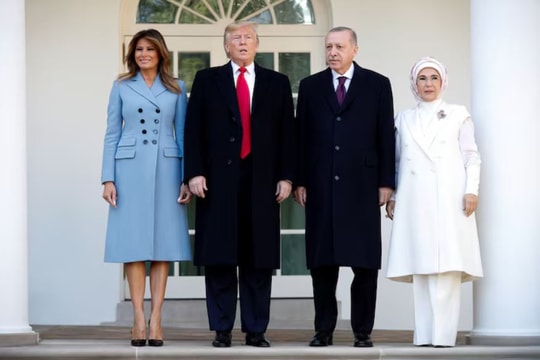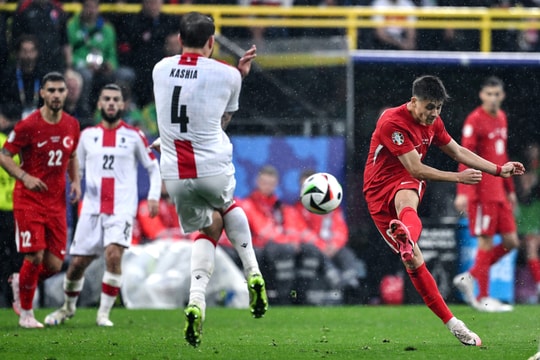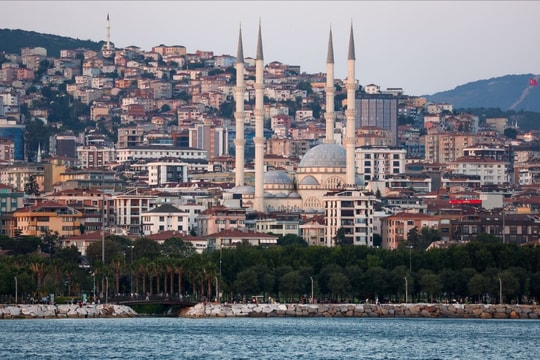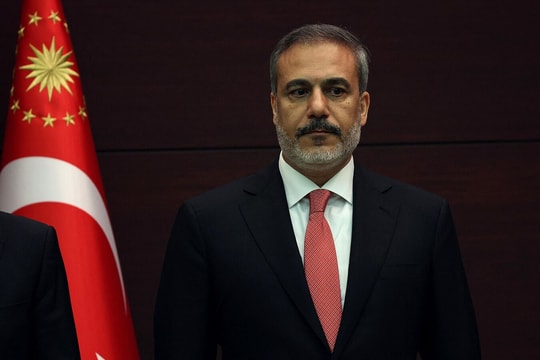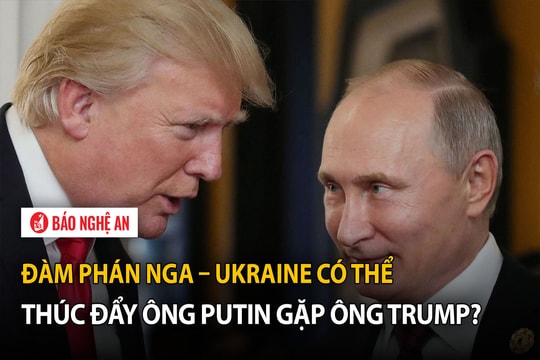US - Türkiye still confused about Kurds, waiting for Putin's move
(Baonghean) - Looking at the constantly changing messages on social networks within just a few days of US President Donald Trump towards Türkiye, one can see that the US-Turkey alliance is still in a "tangled" situation.
While warning of economic damage, President Trump expressed his agreement with Türkiye on the idea of establishing a safe zone in the Syrian battlefield. The underlying cause can be said to be the Kurdish issue after the US announced its withdrawal from this Middle East hotspot.
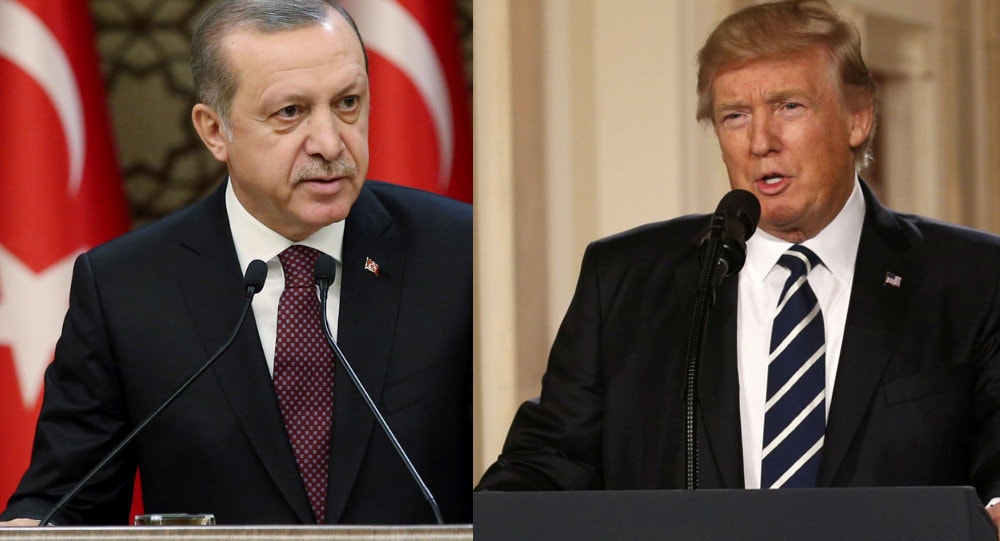 |
| The US-Türkiye relationship is still facing many difficulties related to the Kurdish issue. Photo: Reuters) |
Dizzying changes
Just on January 13, US President Donald Trump warned on Twitter that the US would take action if Türkiye attacked Kurdish forces and Ankara's economy would suffer heavy damage.
This reaction was in response to Türkiye's previous statement threatening to carry out border operations against the Kurdish People's Protection Units (YPG) in the fight against the self-proclaimed Islamic State (IS) terrorist organization. It should be noted that the relationship between the two allies, the US and Türkiye, has encountered many problems related to the Kurdish issue.
While the US supports the Kurdish People's Protection Units (YPG) in the fight against IS in Syria, this force is considered by Türkiye as a terrorist and part of the Kurdistan Workers' Party (PKK), which has launched many independence uprisings that have lasted for decades on Turkish territory.
It was thought that the "thorn" in the US-Turkey relationship would be removed when the US announced its withdrawal from Syria and left the decision-making power to Türkiye and other Arab allies.
However, the war of words between the US and Turkey has increasingly added fuel to the fire when President Trump declared that Türkiye cannot see the US withdrawal from Syria as an opportunity to launch a military campaign against Kurdish forces.
And that, even if the US withdraws its troops from this battlefield, it will still ensure security for the Kurdish forces that have fought side by side with the US in the war against terrorism.
Of course, in response, Türkiye clearly cannot follow the US in allowing Kurdish forces to operate freely in Syria and at the same time emphasizes that the US should not trade its alliance with a terrorist force.
Not willing to be outdone, President Trump immediately warned that Ankara would suffer heavy economic losses. Even US Secretary of State Mike Pompeo, during his recent trip to the Middle East, hinted at possible tax or sanctions that the US could impose on Turkey.
However, according to observers, in reality, the US can only use economic measures against Ankara to respond to any Turkish attack on the Kurds. Because both are members of NATO and have mutually binding principles.
And more importantly, if Türkiye remains determined to act, the US will not achieve a series of other goals that the Trump administration is placing on the card called "Kurds".
That is why, less than 2 days later, the US President suddenly "lowered his voice" and agreed with Türkiye to establish a safe zone in Northern Syria to wipe out terrorist forces. Mr. Donald Trump also "turned around" to praise the economic potential between the two sides.
Multi-target arrow
According to observers, it is not difficult to explain President Donald Trump's sudden change in attitude towards Türkiye in recent days. Because the US's efforts to protect the Kurdish forces does not necessarily mean that the US wants to "show gratitude" for the time that this force fought alongside to destroy terrorists in Syria.
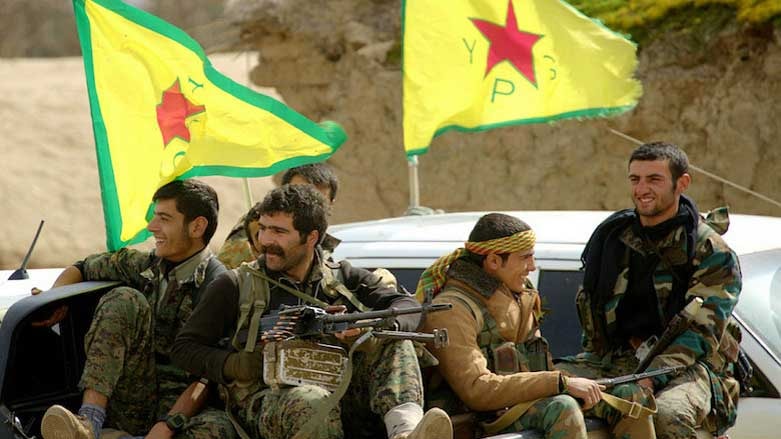 |
| The Kurdish People's Protection Units (YPG) are supported by the US in the fight against IS in Syria. (Source: Archive) |
In fact, the US is also calculating another bigger move, which is to want the Kurdish forces to divide the increasingly close relationship between Russia and Türkiye. Looking back at the recent visit of US National Security Advisor John Bolton to the Middle East countries, people have seen requests from Russia to "untangle" and support the protection of the Kurdish forces in Syria.
The reason given is that the Kurdish forces are an important component in maintaining the strategy against IS terrorism in Syria. Even France recently made a request for Russia to support this force. However, if Russia agrees, the tensions will automatically shift from the US-Turkey relationship to the Russia-Turkey handshake that is progressing well.
This is clearly a multi-target arrow for President Donald Trump, reducing the burden of supporting the Kurds in Syria, maintaining a smooth relationship with ally Türkiye, and dividing Ankara and Moscow.
Returning to the idea of a safe buffer zone in Syria that the US and Türkiye have just agreed on, as well as the US suddenly "lowering its voice", this is probably just a delaying solution, prolonging President Trump's time to ease tensions with his ally Ankara and wait for Russia's answer on the Kurdish issue.
In fact, safe zones have been established in Syria but have not been effective, as the parties have not complied with the agreements that have been set.
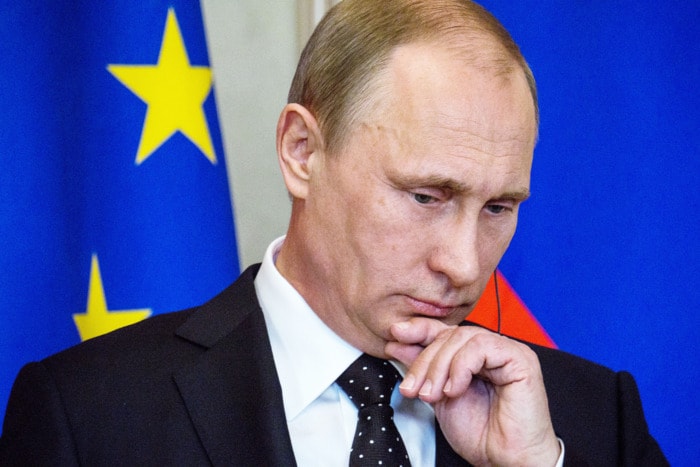 |
| Türkiye and the US are waiting for the next moves of Russian President Putin's administration on the Kurdish issue in Syria. Photo: nymag.com |
The question now is whether Russia will accept the US offer to act as a sponsor for the Kurds in Syria. With its increasingly established position and voice in the Syrian and Middle Eastern battlefields, it is very likely that Russia will be ready to “take over” what the US left behind.
Especially when the war in Syria is gradually coming to an end. But at the same time, Russia must more than ever carefully consider solutions to reconcile Turkey's determination to "wipe out" the Kurds with the fight against terrorism as well as the political process to create a peaceful and stable Syria.
Will it further assert its position in the Middle East hotspot or will it get caught in the endless US-Turkey-Kurdish bubble? Everyone is waiting for the next moves of Russian President Putin's administration.

